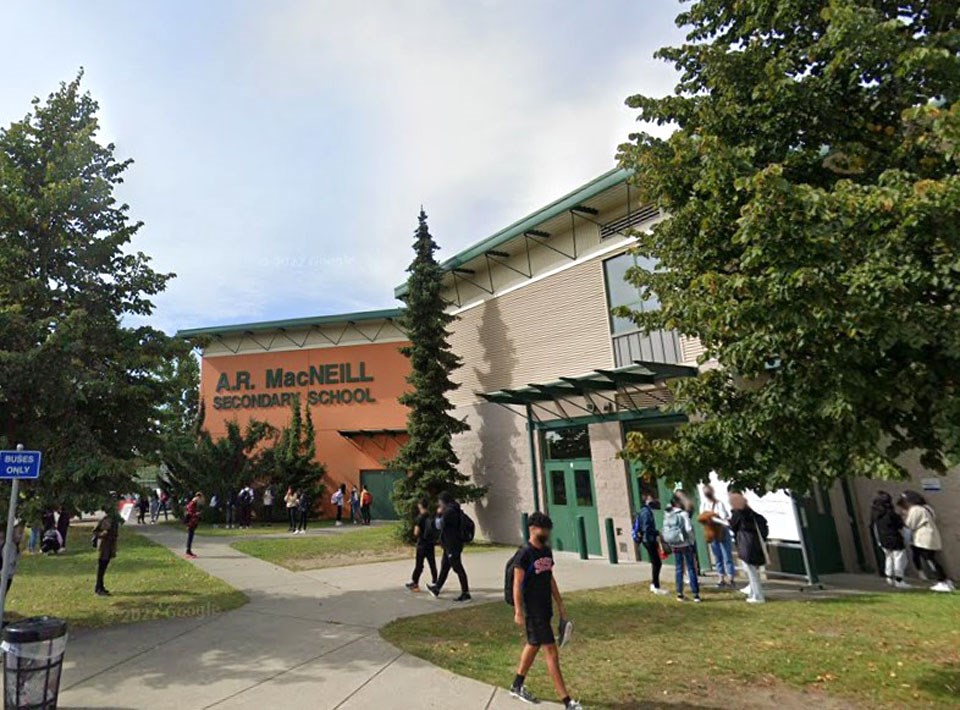Preventative plans – rather than reactive plans –should be in place to help the school district’s most vulnerable students.
This was one of the recommendations approved by the Richmond Board of Education last week after a review was done of the Aspen Learning Centre whose students have complex cognitive and physical disabilities.
“Safety Plans are reactive plans; behaviour plans are contextual plans designed to prevent behaviours from occurring,” the report states.
These plans would include a student’s learning profile, preferred activities, triggers and motivators with a focus on preventative strategies, for example, to teach replacement behaviours – not behaviour management or compliance.
One of the recommendations is to replace one of the three vice-principals at the school, who has been there on a year-to-year basis, with a behaviour interventionist to create better behaviour support plans.
The Aspen Learning Centre program opened in 2016 at MacNeill secondary as a continuation to a similar program at Errington elementary and hosts a small group of students with a large staff supporting them.
It currently has 11 students – nine full-time and two part-time. There are 21 staff members including three teachers and 18 educational assistants. They also get help from an inclusion support teacher, a speech-language pathologist and an occupational therapist.
After six years in operation, a review was done of the program and recommendations for improvements were approved last week by the board.
Citing an academic article, the report notes education is “critical” for students with severe disabilities who are often excluded from the educational process “from a presumed inability to learn.”
“Unfortunately, low expectations for progress, especially with regard to academic skills, have reduced the amount of exposure to typical and valued educational experiences,” notes the article, “Education and Individuals with Severe Disabilities: Promising Practices.”
On the contrary, the articles continues, these students can learn both academic and non-academic skills, but they need instruction from highly qualified teachers and learning with their peers that takes into account their age, culture, interests and needs, family involvement, collaborative teamwork and positive behaviour support.
Students at Aspen Learning Centre have a wide range of “complicated special needs” – some with more than one diagnosis.
These can be autism, seizures, mild to severe intellectual disabilities, Tourette’s syndrome, catatonia, microcephaly , severe behaviour issues, including self-injuring and aggressive behaviour as well as physical disabilities.
Aspen has been located at MacNeill secondary since it opened in 2016, but the report recommended considering whether there would be a better location.
The majority of the staff felt the current location was inadequate. The report noted, for the program to thrive, a larger space all on one floor with open sightlines was needed, as well as “naturalistic spaces” with a lounge and kitchen for socializing and peer interaction. There’s also a need for a safe outdoor space for age-appropriate physical activity, according to the report.
Other recommendations include more transition planning for adulthood, helping students become more independent and working more in groups rather than one-on-one with EAs.
The report also recommended looking at entry and exit criteria, the maximum number of students as well as scheduling issues.
When parents were surveyed about the program, their responses were generally positive, praising the staff’s compassion and patience.
Concerns raised, however, were over staffing levels and the need for smaller classes and consistency with teaching staff.



